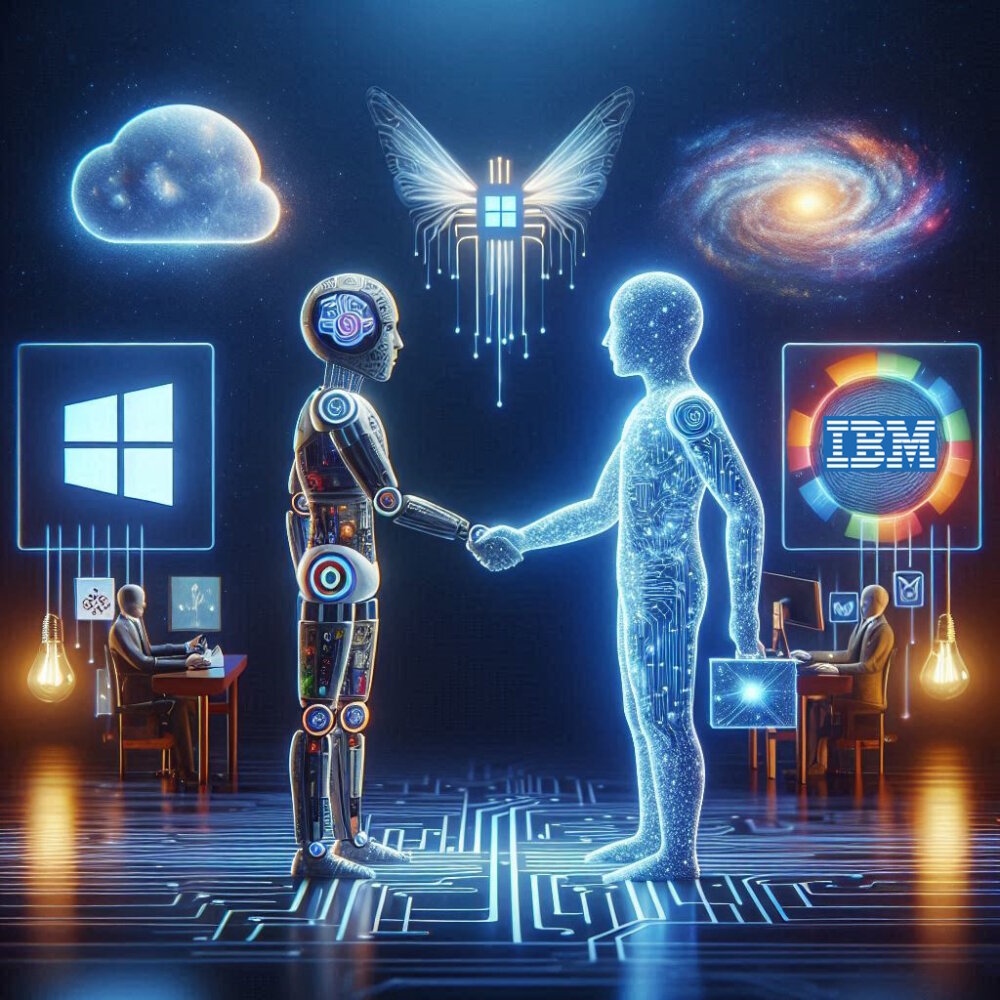
Alexis Fogel, CEO and Co-Founder of Stonly: “Always think that the best for the customer is the best for the company as well”
Chances are that you will have used one of Alexis Fogel’s products: as the Co-Founder of Dashlane, he helped to create one of the world’s most popular password managers. But founding one hugely successful firm isn’t enough for some people, which is why we’re interviewing Alexis in his role as CEO and Co-Founder of Stonly.
Stonly aims to solve one of the problems Alexis and colleagues discovered when Dashlane rocketed to success. “As we reached over 10 million users, we started having very different types of customers with very different backgrounds and ways to use our service,” he explained. “Therefore offering a one-size-fits-all experience to support them was inefficient and led to issues in retention as well as many customer tickets.”
Alexis added: “This is when I started working on customer experience and focused my work on improving self-serve help for customers so that they could make the most of the services they use.”
Keep reading to find out more about how Stonly solves the problem – we need hardly mention that AI plays a huge part – and personalises it to each user.
Recommended reading: MoovBuddy wants to improve employees’ posture with mix of physio, apps and reminders
What are your thoughts on the escalating integration of AI in customer experience and its potential influence on the future of customer service at large?
AI is changing the landscape of customer experience and this is a very good opportunity both for companies and customers. For a long time, companies invested time and resources in creating documentation that was too rarely used. The problem is that when customers have an issue, it is very hard to find the right content that will help them and it feels faster to just hit the “contact us” button and ask someone. This is why, even if 88% of customers want to self-serve, only 13% do. People who answer questions encounter the same issue and have difficulty finding the right help which also degrades the customer experience.
AI can change that by linking requests in natural language to the right resolution, directly. What’s important, though, is that AI will only be as good as the content it relies on and cannot magically solve all issues. This is why AI has to be part of a global strategy and integrated into tools that can craft full support experiences. For instance, with Stonly, when a question is asked, our AI can either generate an answer or lead to the right process to follow or automate the resolution by connecting to internal tools. AI here is what makes the user interface possible but it relies on many other layers of technology.
Recommended reading: What is Adobe AI Assistant?
How do you ready yourself for an AI-driven landscape as a customer experience leader? What new skills do you need?
As usual, when it comes to technical topics, you need to know what’s possible and at what cost. This is very important for Customer Experience leaders to understand at a high level what solutions they can benefit from. This will help them decide, what they should build internally and what tool to use. For instance, they might want to consider using a full knowledge platform that optimises how content is built for AI and delivered to customers versus feeding all their content sources to AI models and then trying to build an experience based on this for their customers
Do you anticipate any significant disruptions in customer experience technology for 2024? If so, what are those disruptions and why?
Yes, as AI showed opportunities in 2023, companies are really going to start implementing them in 2024. We will see two main disruptions: on the one hand, self-service is going to jump to a whole new level with AI based on great knowledge being able to automatically resolve most customers’ issues without them feeling like they have to make any special effort to get to the resolution.
The second disruption is in the role of support agents. Agents’ roles will become less about tackling transactional issues and a lot more more about more complex situations such as unexpected problems or cases requiring strong investigations.
Recommended reading: Francine Johnson, Head of Business Operations and Customer Success at OneMeta: “As a leader focused on customer-centricity, staying ahead means embracing AI and its capabilities”
Could you share some of your most noteworthy accomplishments that you take particular pride in?
We have been able to help over 1,000 companies improve their self-service strategy, reducing ticket numbers while improving customer satisfaction. Here are a couple of accomplishments I am particularly proud of.
- We have helped a financial institution divide by three the time agents needed to tackle a ticket. This happened by automating actions directly from Zendesk based on the customers’ profile and the internal processes. It included calling internal APIs to automate resolution actions.
- Another use case I really like is how we helped a company help their customers in self-service directly inside their application. When people had a question, we were able to provide the right help directly based on their profile. In cases where the available knowledge could not help, additional information was asked depending on the problem and everything was transferred to the agents so that they could resolve the issue and limit the back and forth.
What piece of advice would you offer to fellow customer experience professionals that has been particularly beneficial to you personally?
Always think that the best for the customer is the best for the company as well. People want simple solutions to their problems and the more you can provide this, the better your whole organisation will be and the lower your cost.
What customer experience technology has your company recently embraced and what difference has it made to your business?
We are always eating our own dog food so we have implemented AI on our own help-centre and customer experiences. We already had many optimisations in how people could contact us and I thought the result would be limited, so we were impressed to see a 30% decrease in tickets.
If you want to try it, you can do so at the help centre on our website. Clicking on “get help” will show top topics to help you, and if this does not help, you can then use an AI bot to try and solve your issue. Depending on your question it will generate an answer or open the right process to help. If this does not solve your problem, then a personalised contact experience will be launched.
NEXT UP

Alexey Kalachik, CEO & Co-Founder at Fively: “The potential for digitalisation within insurance is enormous”
We interview serial entrepreneur Alexey Kalachik, CEO & Co-Founder at Fively, on the future of fintech and what makes this space so exciting for startups.

IBM bolsters AI push with Microsoft Copilot launch
In a bid to boost its AI offering, IBM Consulting will enable enterprises to create and manage AI copilots – including Copilot for Microsoft 365

Andrew Kay, Director of Systems Engineering APJ at Illumio: “The most worrying development with ransomware is that it has evolved from simply stealing data to impacting IT availability”
Andrew Kay, Director of Systems Engineering APJ at Illumio, has 20 years’ experience helping organisations strengthen their cyber resilience. We interview him as part of our Threats series on cybersecurity.